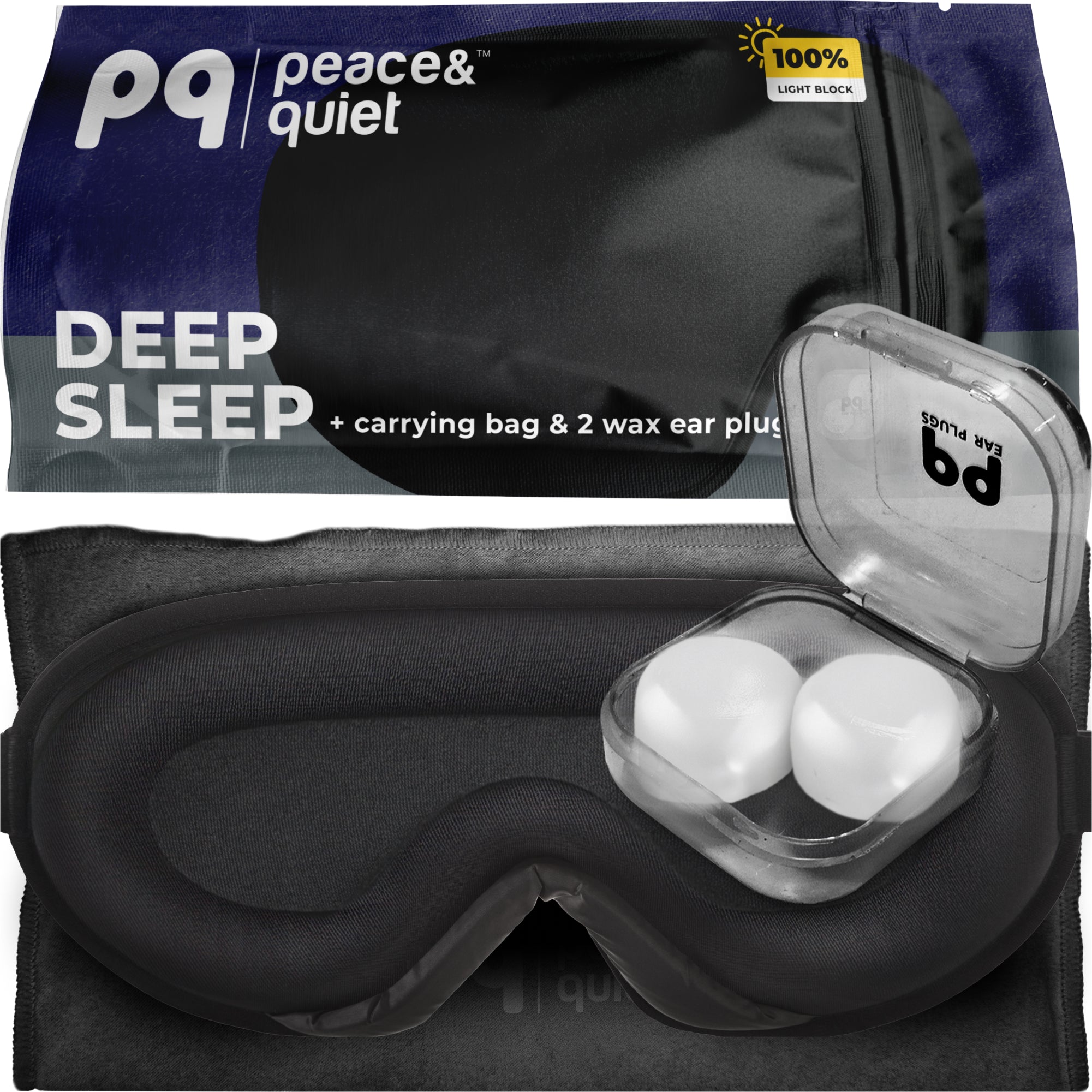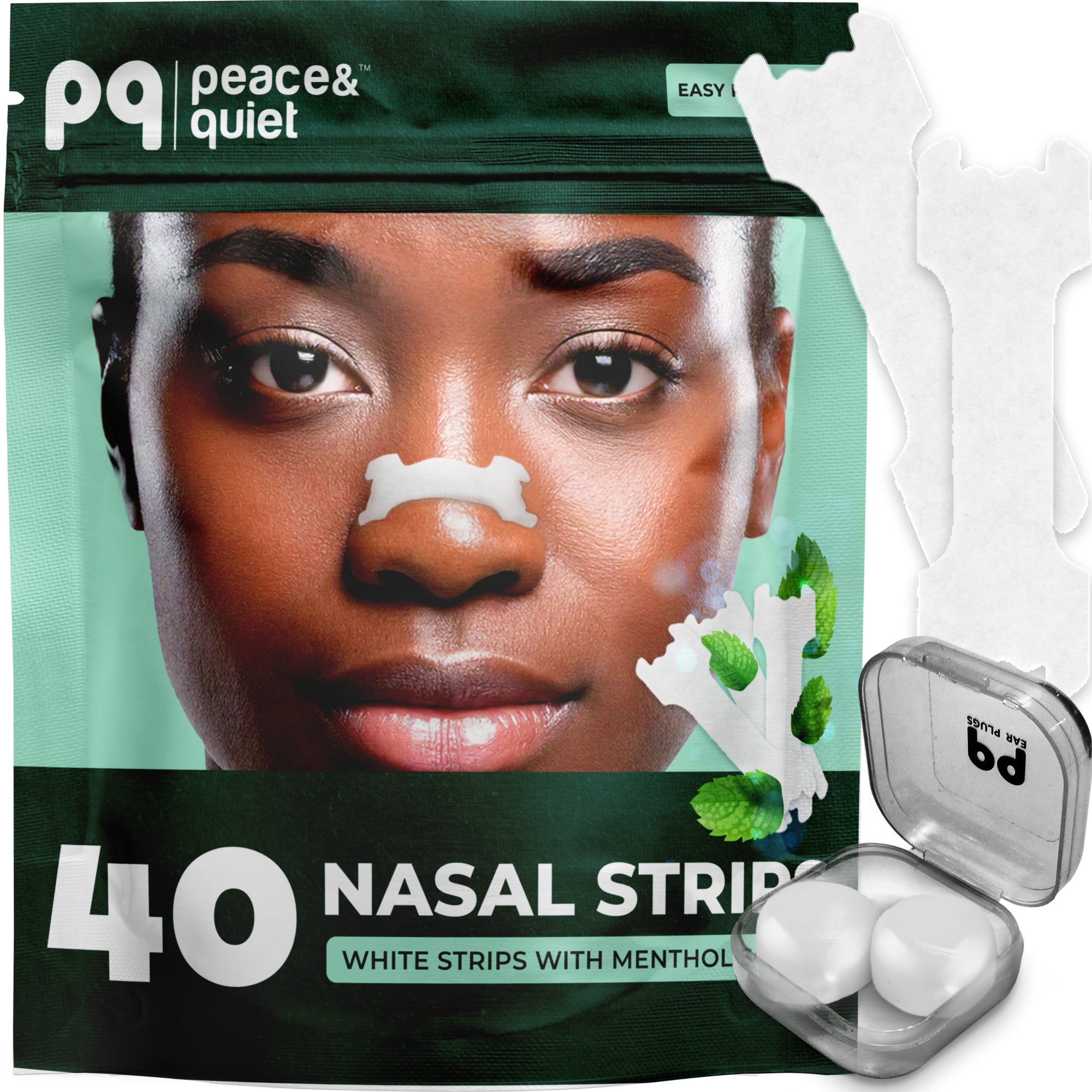It turns out Dracula wasn’t weird for sleeping during the day and being awake at night ‒ he simply had his biological clock turned upside down. He even had to use a coffin instead of earplugs for better sleep! So what is it that caused him to lead a nighttime life and that we (humans) have in common with vampires? Let’s find out.

Source: Unsplash
Circadian rhythm = biological clock?
Our biological clocks are our internal timing devices that control almost every aspect of our health including appetite, sleepiness, hormone production and circadian rhythms ‒ different change processes in bodies that follow a 24-hour cycle.
The 24-hour clock located in your brain passes on the circadian rhythm signal to your body organs every day. Matthew Walker, professor of neuroscience and psychology at the University of California, calls the circadian rhythmicity a pacemaker ‒ and it’s hard not to agree with him.
This pacemaker controls a ton of different rhythmic patterns in your body that you might not even notice. It helps to determine your preferences for sleeping routine, when you like to eat and drink, the core body temperature, the hormone release, etc.
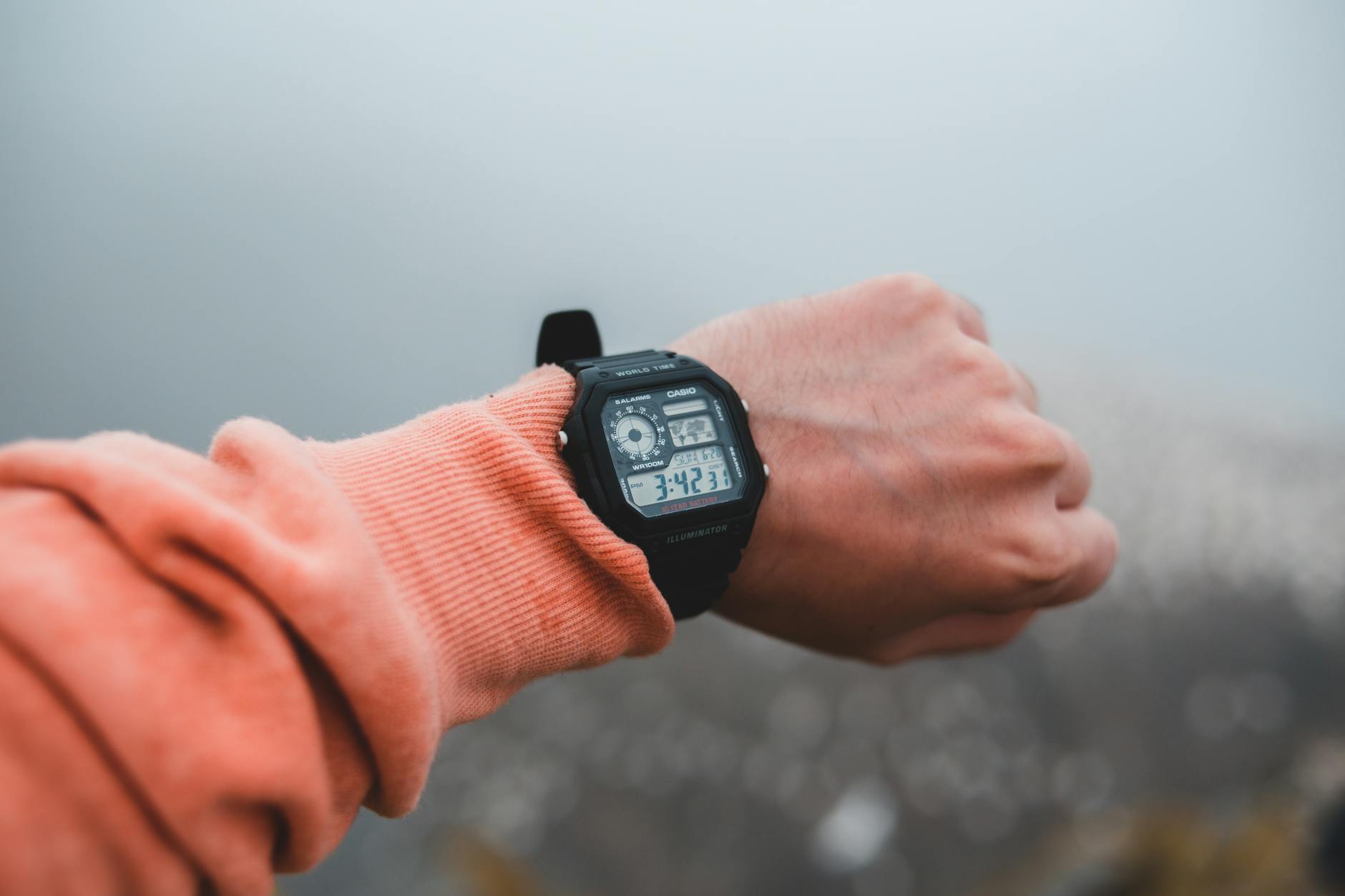
Source: Pexels
Beware of the daylight
Regardless of whether you are a night owl or a morning lark that rises from day to day with sunrise, the body's sleep habit at a certain time is regulated by the circadian rhythms. The light that our eyes capture helps maintain the cycle of day and night ‒ so when you happen to go to a different time zone, your internal clock no longer matches the solar cycle and you get jet lagged.
The typical pattern for humans is a 24-hour one, but it differs dramatically from one person to the next. The overall sleeping time preferences make the population fall into two types, which are usually called night owls ("evening types") and morning larks ("morning types"). The division is uneven: around 40% of the population like to wake up early and are more productive if doing so and another 30% like to stay up late and sleep in the next day. There are also 30% of people who don't have distinct sleep time preferences ‒ they're somewhere in the middle between the two mentioned types.
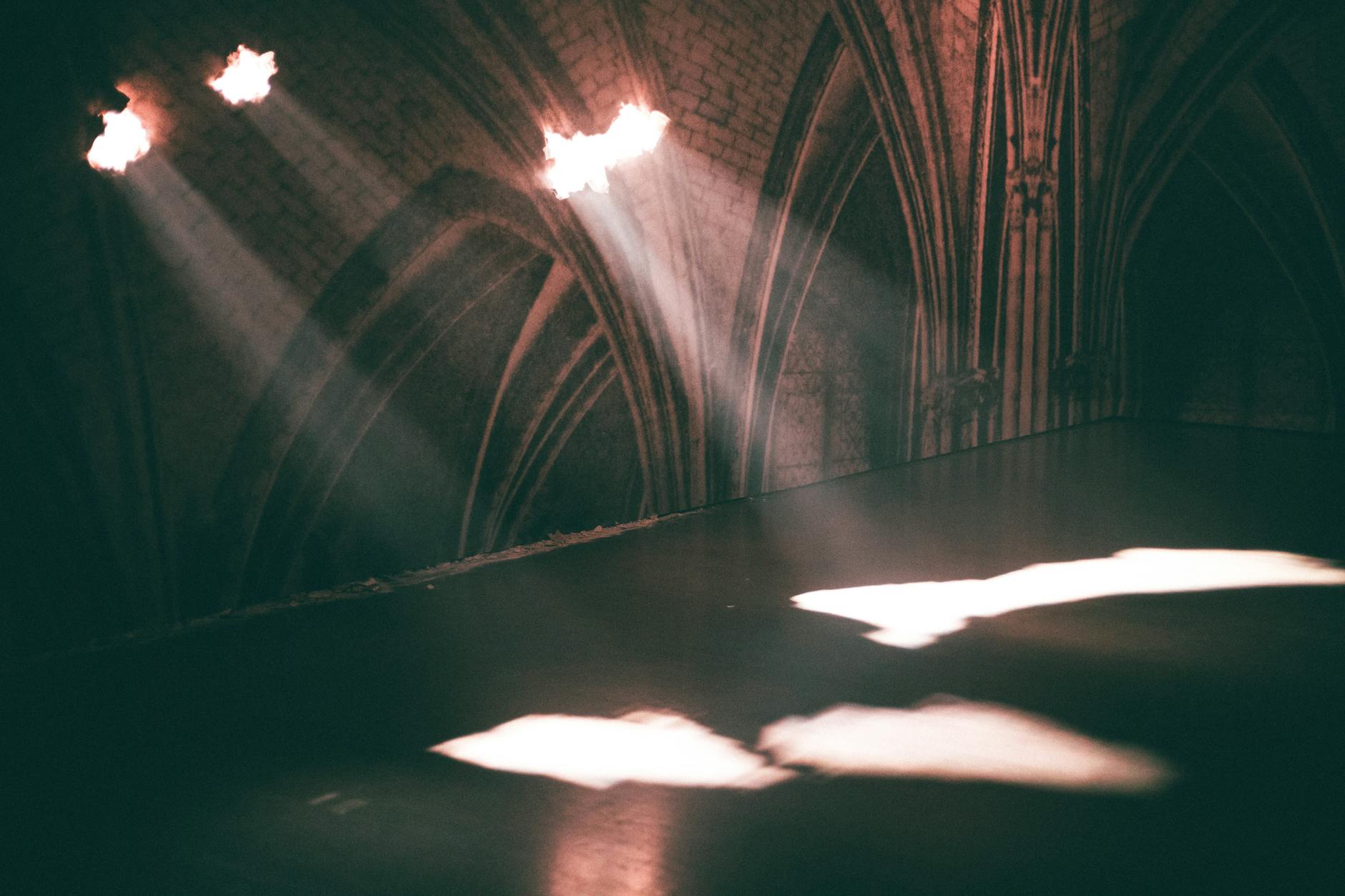
Source: Pexels
The vampire hormone
You may have heard about this guy a thousand times before, it’s the good old melatonin. Melatonin is a neurohormone synthesized in our body from serotonin, its production is dependent on light.
Many people assume that melatonin helps generate sleep, which is not entirely true. This hormone only promotes sleep, reacting to darkness and basically communicating the “It’s dark! It’s time to go to bed!” message to the body. Once sleep is under way, melatonin slowly decreases in concentration across the night and into the morning hours.
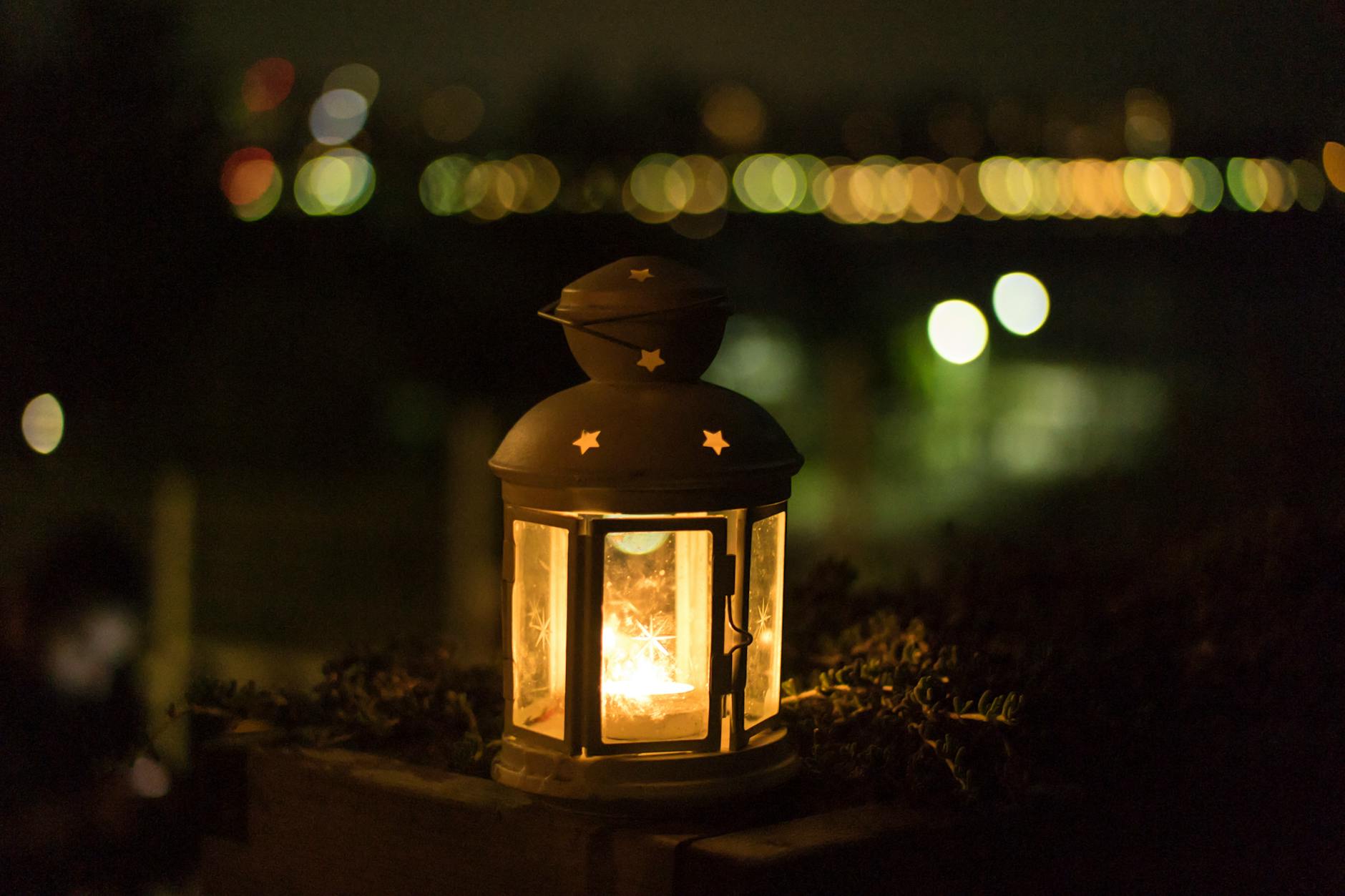
Source: Pexels
Be like Dracula, but not entirely
As we’ve mentioned above, your circadian rhythm manages a lot of different processes in your body ‒ and you can’t control them. What Dracula deserves respect for is living in harmony with his own rhythms and being aware of when his body needs some sleep.
Trying to keep up with every aspect of your life might make you want to sacrifice sleep to get more things done. But bear in mind that your circadian rhythm will march up and down every twenty-four hours irrespective of whether you have slept or not ‒ the production of melatonin and core body temperature change will happen accordingly.
If you can’t get the desired 8-hour night rest, make sure to get the best of every single minute of your sleep. How can you do that?
- Say no to scrolling through your phone before going to bed (artificial light disorients the body’s systems);
- Try sleep masks ‒ they help fall asleep faster;
- Choose natural bedding that is comfortable ‒ cotton fabrics are the most popular;
- Use wax or foam earplugs to minimize the risk of being woken up by sudden traffic noise or loud conversations.
So humans are basically vampires, but backwards. As long as you’re not as sleep deprived as to want to drink someone’s blood… you should be just fine.
Check out more articles on healthy sleep here.

